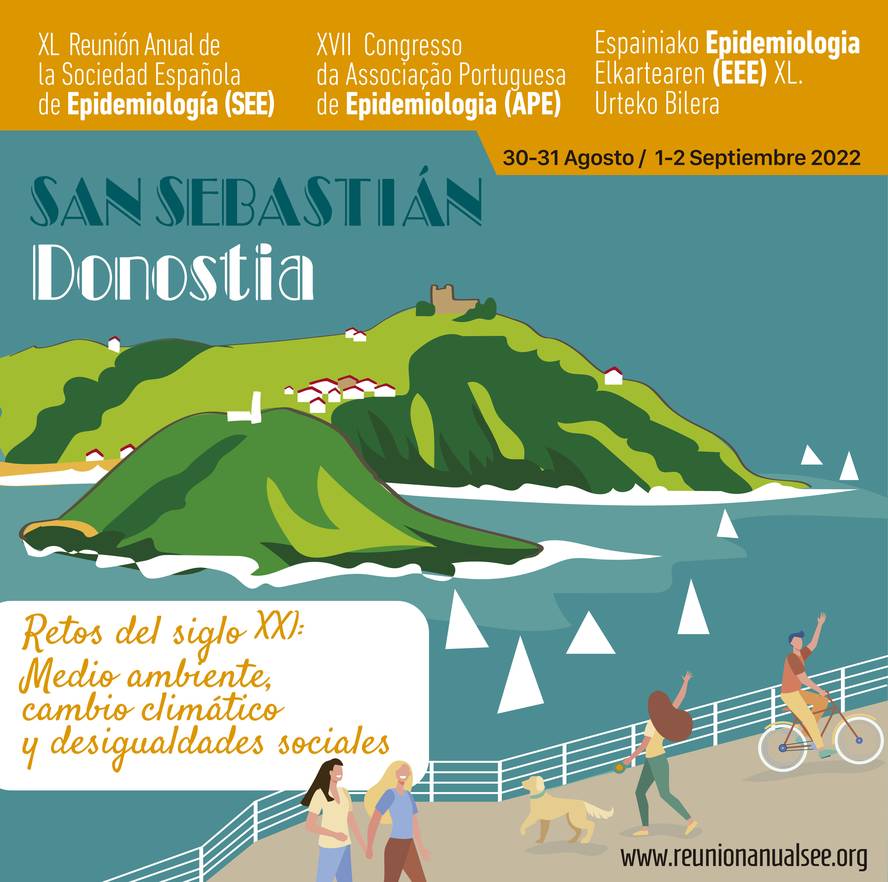Climate change
Temperature influences disease incidence and spread
Oihane Martin Sainz de la Maza
Microbiology and Parasitology Service / Ramón y Cajal Hospital
Last summer I heard a scientist on the radio talking about capers. At any other time it would be unusual to hear him on the radio, but not in the previous summer, when a man from Avila had just died due to the strange and exotic disease of Krimea-Kongo.
The scientist was angry and the minutes of the antenna were scarce to show his concern. It referred to the influence of temperate winters on capers biology (increased winter survival rate and extended activity period) and the pathogens they transmit. The scientific research group reported in 2010 the appearance of the virus in the peninsula. An African strain of the virus was found in the capers, probably brought by migratory bird capers and causing the death of the man from Avila.
Temperature conditions the life cycle and geographical extension of disease vectors, but also the viability of the pathogens they carry, affecting the incidence and extent of diseases. Climate change, along with changes in land use, demographic movements, conflicts and international trade, is responsible for the emergence and recurrence of diseases (with the increase of mild winters, hot summers and extreme weather events). All of them condition pathogens, deposits and vectors.
Although several initiatives have been launched over the last decade to investigate the impact of climate change on infectious and non-infectious diseases, global commitment and investment remain scarce. Ending the current development model is essential to reduce the serious consequences of climate change in eco-epidemiology and disease health.
New vision of ecofeminism in the call for climate change
Unai Pascual García de Azilu
Climate and Natural Environment / Basque Centre for Climate Change
We live a unique historical moment to achieve the social changes necessary not to lose the train of global sustainability. One of the biggest barriers is growing global social inequality with climate change. Currently, in general, think tank policies and governments do not take into account the environmental dimension of these social inequalities. According to scientists experts in ‘social environment’, gender inequality is one of the greatest threats that can compromise present and future well-being, including the ecological functioning of the earth.
Ecofeminism speaks of feminist issues related to environmental concerns, manifested by male oppression. In the beginning, ecofeminism emphasized that women have a deeper relationship with the land than men, and established women as victims, as it indicated that this degradation of the environment was due to the same patriarchal oppression.
Today, however, ecofeminism faces with a new look full of nuances the problem of environmental degradation and climate change, that is, it refuses to put against “men” a unified and homogeneous category of “women”. Therefore, what really matters today is to analyze the issue of the “intersectional character of gender and power relations.” This view can do a great deal to address complex links of science and politics, gender and climate change. Specifically, we should focus gender on the intersection between an economically excluded, culturally invisible and politically unempowered social class.
In other words, efforts to solve the problems posed by climate change in society will be more effective if we begin to address gender from an intersectional perspective. The time has come to put the new vision of ecofeminism at the center of the debate on climate change, both in the Basque Country and worldwide.








